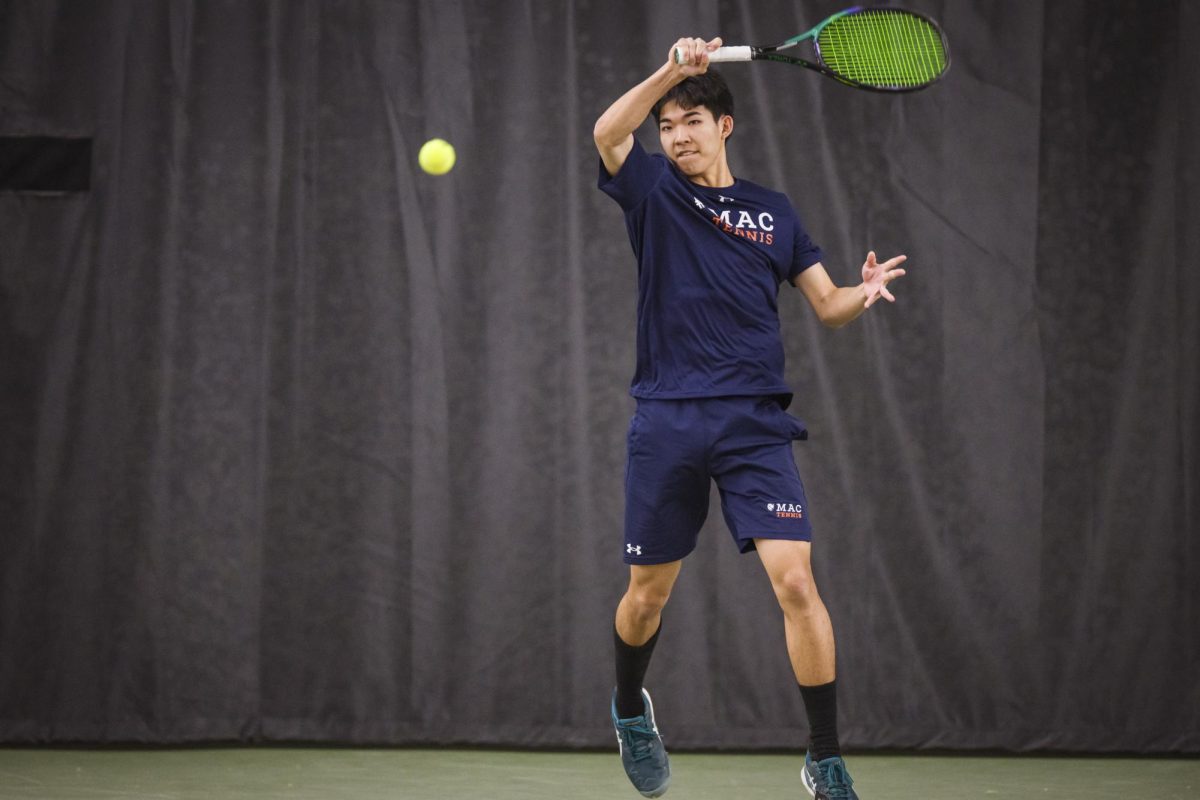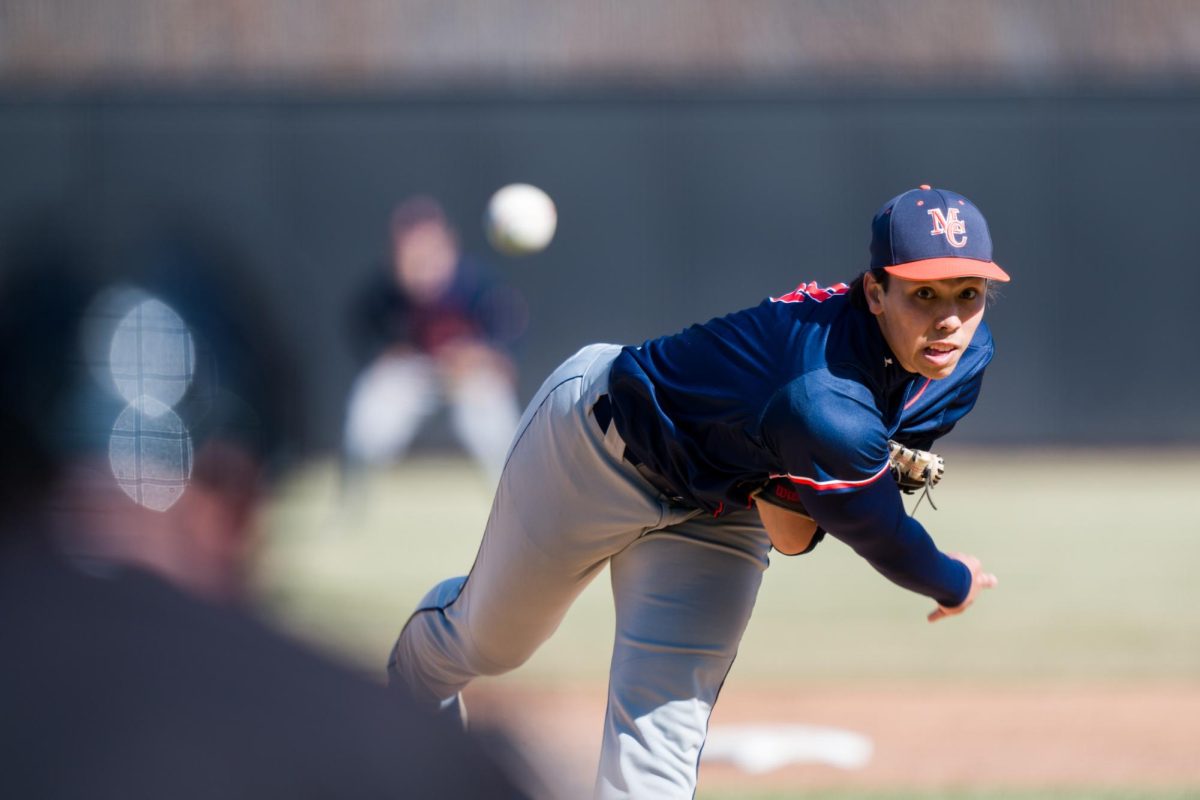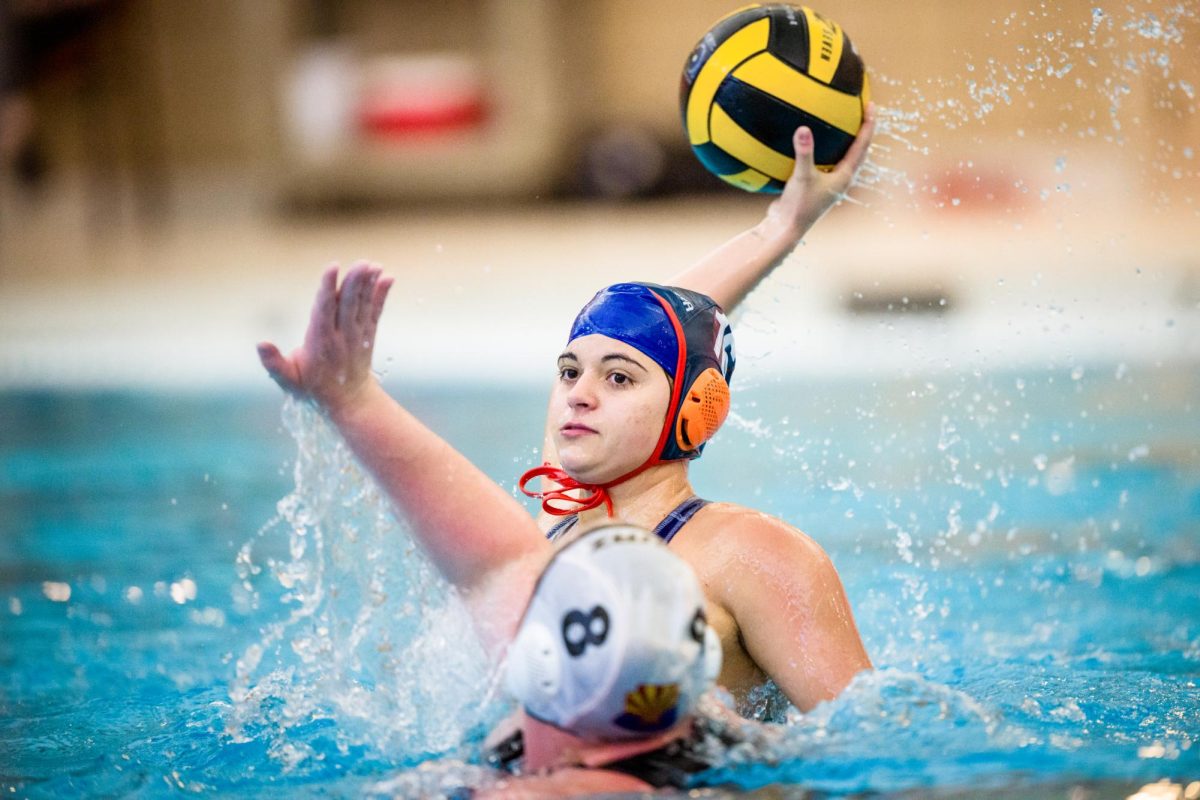We currently live in a country that is more politically polarized than it has been in quite some time. According to The New York Times, 50 percent of liberals and 66 percent and conservatives, respectively, view the opposing party as threatening to the United States. Political polarization is described in the same way as natural disasters and diseases. It is commonly called a “threat.” Our country is splintered and the divide between parties is only growing wider, especially as we undergo a particularly intense and divisive political cycle. It’s a problem to be sure, and one that we face here at Macalester as well.
On February 26, an article was published in The Mac Weekly that addressed how conservatives felt on campus. One student who was interviewed chose to be anonymous, feeling uncomfortable with attaching their name to their thoughts for fear of exclusion. The other student is going to be transferring at the end of this semester, citing in part how she felt her opinions were not accepted. This is totally unacceptable. If our student culture at Macalester creates an environment that makes people feel uncomfortable and like “others,” it hurts the entire community. A free exchange of ideas is crucial to having a functional academic atmosphere and when this is threatened we all suffer.
Fortunately, I think that I have something that could make the situation better. I believe that our campus at large can learn from the way that sports teams handle differences of political opinion. At Macalester, we have a number of student athletes who identify as being conservative or vote Republican. Nearly everyone I’ve talked to agrees that the percentage of conservative student athletes is larger, if not much larger, than the percentage of conservative students in the community as a whole. I set out to interview a few of these students to get their feelings and opinions about polarization and exclusion on campus.
Matt Steele ’19 is a cross country and track runner. He considers himself a conservative, though more fiscally so then socially, which is a recurring trend that I found during my interviews. “I’m very attracted to the idea of small government, and I can’t get behind the idea of the government intervening in people’s personal affairs. I think social issues are not really the role of the government, in terms of marriage and abortion. Fiscally, I believe that ‘That government is best which governs least,’” Steele said.
He says that he has been vocal on his team about his beliefs, which has allowed other students to feel more comfortable voicing their opinions as well. While not everyone agrees with him, “Almost all of them are very willing to discuss with me, and at least respect my views.”
When I asked him what he thought the overall student body could do to be more inclusive of different political beliefs, he replied that “The main thing would be making the effort to understand” said Steele.
This speaks to a desire to be respected, something that should be pretty simple. Jacob “Smokey” Jones ’18, a running back on the football team, is influenced in his political beliefs by his faith. “My political beliefs and my worldview probably stem from my religious upbringing,” Jones said.
He also frequently feels as though his opinions aren’t respected by the campus at large, which causes him to seek out a large number of his friends from the athletic community, who he says are “more likely to be conservative or moderate.”
Furthermore, he criticizes what he sees as an echo-chamber effect. Certain views that are quite common in America at large are less common here, and he believes that it hurts students to not be exposed to the full range of political expression that is present in America.
Zach Gilfix ’16 is a cross country and track runner who identifies as a Libertarian, which leads him to usually vote for a Republican or Libertarian candidate. He said that when people react to his political views, the way they react is “often negative. It’s sometimes hard to have a civil conversation where both sides are open and ideas are being exchanged, rather than ignored.”
When asked about any differences within the athletic community, Gilfix responded that there was more of a “diversity of opinion” amongst athletes, which leads to more conversations.
Throughout the broader community, Gilfix feels that a message that is frequently communicated is that “people with conservative views should be ridiculed, rather than considering that they might be legitimate and should be discussed and talked about.”
Within the athlete community, on the other hand, there is more of a heterogeneity that leads to exposure to new ideas that might be “equally as valid.”
I’ve personally had many disagreements with teammates about politics before. Sometimes, we come to an agreement, sometimes we don’t. In each case, we listen to each other, everyone taking away something new, or at least showing some respect. Other times, we have to agree to disagree. One of the beautiful things about being part of a team is learning how to resolve conflicts. It seems silly to leave a conversation mad about politics when you’re going to have to see someone again the next day and every day after that.
Learning when to walk away from the conversation is hugely important. Not everyone is going to agree all the time, and that’s alright. If you approach an argument with an open mind, one of two things will happen: either you will be able to defend your beliefs, which will make them stronger, or you’ll hear or learn something that may make you rethink your positions. I’ve had my beliefs challenged, and I love it. If we spent less time looking to have our beliefs confirmed, and more time listening, we could have a stronger campus. There is a lot more that unites us than separates us, and finding common ground and respecting differences ultimately has a much more beneficial effect than division.
















Charles Metcalfe • Sep 12, 2019 at 3:27 am
I as well believe thus, perfectly written post! .
Megan Murray • Sep 10, 2019 at 8:46 pm
One more thing I would like to talk about is that instead of trying to fit all your online degree classes on days of the week that you complete work (because most people are tired when they get home), try to find most of your instructional classes on the weekends and only a couple courses on weekdays, even if it means taking some time away from your weekend. This is really good because on the weekends, you will be far more rested plus concentrated with school work. Thanks a bunch for the different recommendations I have realized from your site.
Warren Berry • Sep 9, 2019 at 2:16 pm
Great – I should certainly say I’m impressed with your blog. I had no trouble navigating through all the tabs as well as related info. The site ended up being truly easy to access. Excellent job…